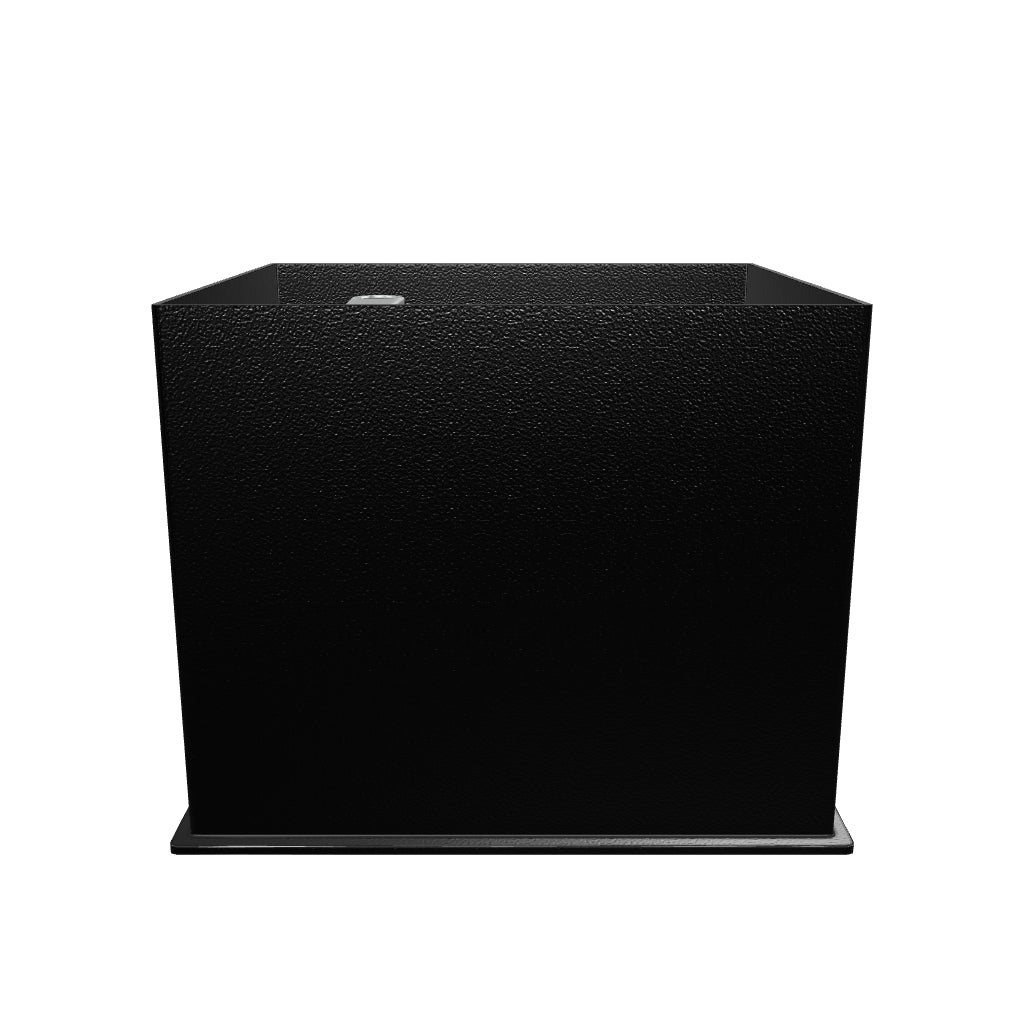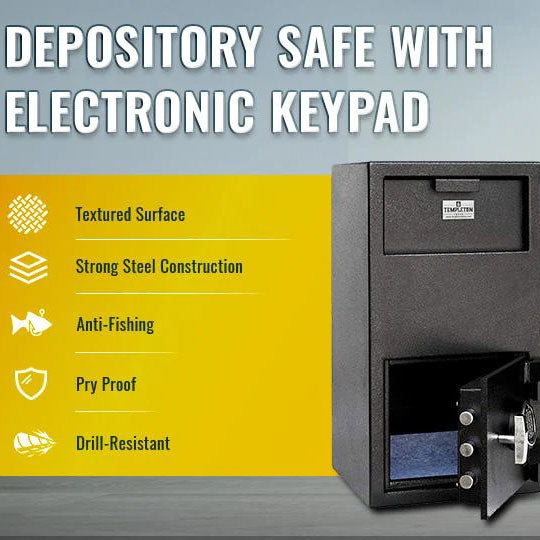Fortifying Government Office Security: The Importance of Security Safes
Securing government offices is paramount, given the sensitive information and valuable assets they house. These facilities are often targeted by criminals or hostile entities seeking to compromise national security or engage in theft. In this article, we will explore security tactics for safeguarding government offices, with a particular focus on the role of security safes. Investing in high-quality safes is a crucial step in enhancing physical security, and we will provide examples to illustrate their importance.
The Importance of Government Office Security
Government offices play a vital role in the functioning of a nation. They store sensitive documents, classified information, valuable assets, and sometimes even cash reserves. Ensuring the security of these assets is not just a matter of safeguarding property but also protecting national interests, citizen data, and sensitive operations.
Threats to Government Offices
Government offices face a wide range of threats, including:
-
Burglary and Theft: Criminals may target government offices to steal valuable equipment, sensitive documents, or even cash. The loss of such items can have severe consequences.
-
Espionage: Hostile entities may attempt to infiltrate government offices to gather classified information or compromise national security. Safeguarding sensitive documents is critical.
-
Data Breaches: As governments increasingly rely on digital infrastructure, protecting data from cyberattacks is essential. Physical security measures, including secure storage, can help mitigate these risks.
-
Disasters: Natural disasters like fires, floods, or earthquakes can cause significant damage to government offices. Safes can protect vital documents and assets from such disasters.
Investing in Security Safes
Security safes are a cornerstone of any comprehensive security strategy for government offices. These safes are designed to provide protection against theft, espionage, and disasters. Here are some reasons why investing in security safes is crucial:
-
Protection Against Theft: Security safes are specifically engineered to resist unauthorized access. They often have complex locking mechanisms and are constructed from robust materials, making them difficult to breach.
-
Confidential Document Storage: Government offices deal with a multitude of sensitive documents, from classified information to personnel records. Security safes provide a secure place to store these documents, ensuring they are protected from theft or tampering.
-
Asset Security: Government offices may have valuable assets such as firearms, equipment, or cash reserves. A safe can be used to secure these assets, preventing unauthorized access.
-
Disaster Resilience: Many security safes are designed to withstand various disasters, including fires and floods. They offer a secure environment for critical documents and assets, even in adverse conditions.
Examples of Security Safes for Government Offices
Now, let's delve into specific examples of security safes suitable for government offices:
-
Fireproof Safes: Fireproof safes are designed to protect contents from fire damage. They are equipped with special insulation materials that can withstand high temperatures for extended periods. For government offices, these safes are essential for preserving critical documents during fires.
-
Burglar-Resistant Safes: Our safes are built to withstand burglary attempts. They feature reinforced walls, advanced locking systems, and may come with additional security measures like biometric or electronic locks.
-
Data Media Safes: Government offices often store digital data backups, hard drives, and other electronic media that are sensitive to heat and humidity. Data media safes are designed to protect these items from fire and moisture.
-
Gun Safes: Government agencies that handle firearms require secure storage for weapons. Gun safes are specially designed to store firearms safely, preventing unauthorized access and theft.
-
High-Security Safes: When dealing with classified information, a higher level of security is necessary. High-security safes are designed to meet stringent government standards for document protection.
Best Practices for Safeguarding Safes
To ensure the maximum effectiveness of security safes in government offices, consider implementing the following best practices:
-
Secure Installation: Safes should be securely bolted to the floor or wall to prevent their removal by thieves.
-
Access Control: Limit access to the safe to authorized personnel only. Implement access control measures such as biometric locks or secure combinations.
-
Regular Auditing: Conduct regular audits of safe contents to ensure that nothing is missing or tampered with.
-
Maintenance: Safes require periodic maintenance to ensure that locking mechanisms are functioning correctly. Regularly inspect and service your safes to maintain their integrity.
-
Emergency Plans: Develop contingency plans for accessing safe contents in case of emergencies. Ensure that multiple authorized personnel have access in case key personnel are unavailable.
Government offices house a wealth of sensitive information and valuable assets that must be protected at all costs. Investing in security safes is a vital component of a comprehensive security strategy. Whether safeguarding classified documents, valuable assets, or digital media, the right safe can provide protection against theft, espionage, and disasters. By implementing the best practices outlined in this article and selecting the appropriate safes for their needs, government offices can significantly enhance their physical security and safeguard national interests.






























